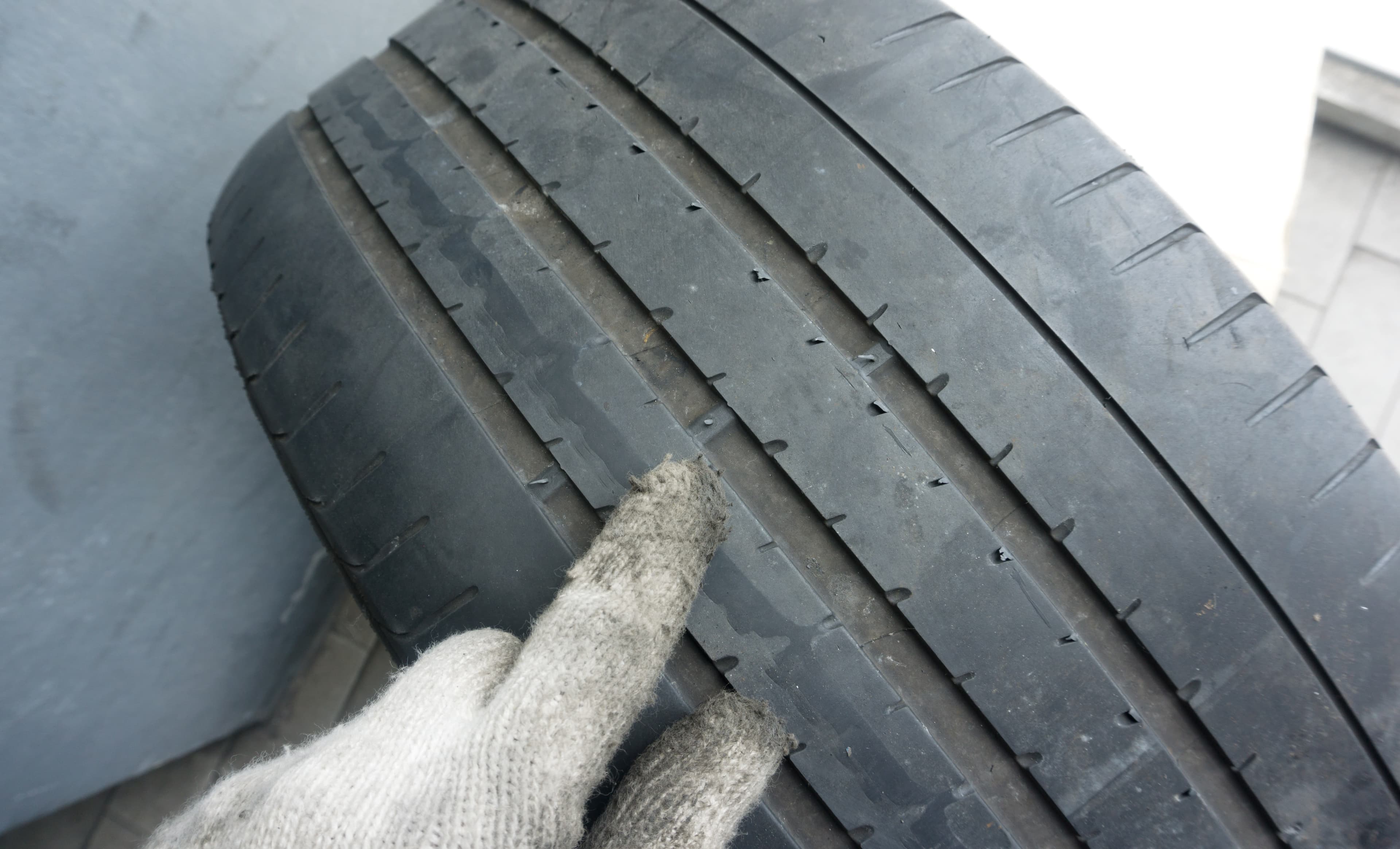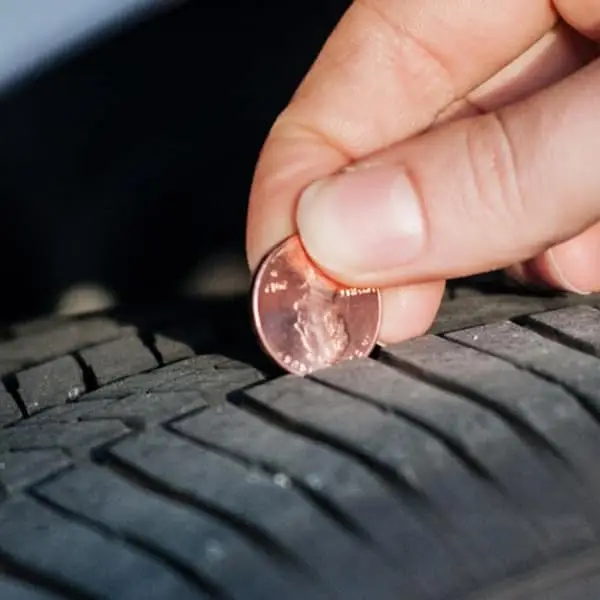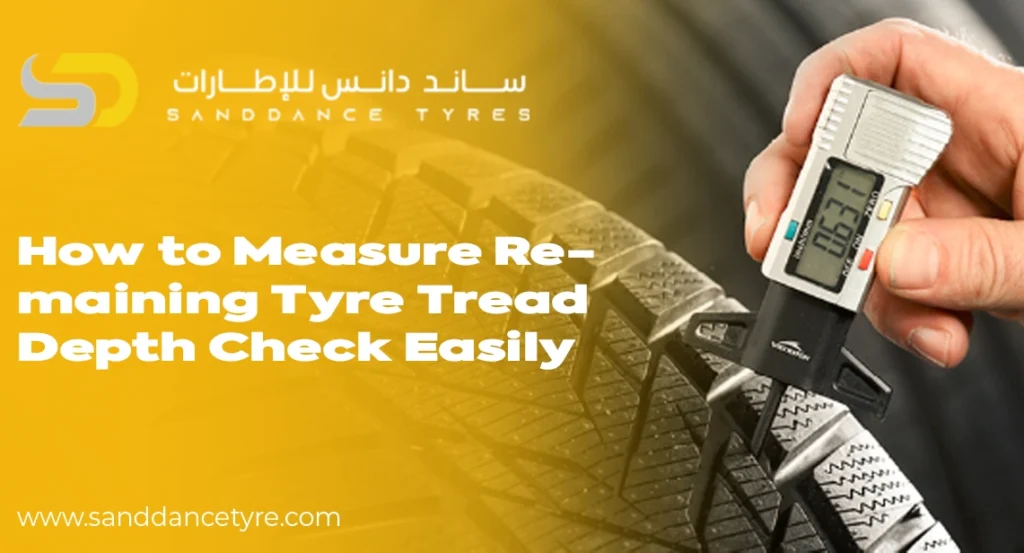Have you ever thought about how often you check your tires? Your tires are the only part of your vehicle touching the road, making them crucial for your safety.
Ignoring regular tire checks can lead to unexpected problems, costly repairs, or even dangerous accidents. By spending just a few minutes inspecting your tires, you can save yourself stress, money, and keep your journeys smooth and safe. Keep reading to discover why regular tire checks are essential and how they can protect you every time you hit the road.
Benefits Of Regular Tire Inspections
Checking your tires often helps keep your car safe and working well. It stops problems before they get bigger.
Regular tire inspections save money and improve your driving experience. They help you avoid accidents and breakdowns.
Improved Safety On The Road
Regular tire checks help find worn or damaged tires early. This reduces the risk of tire blowouts and accidents.
Good tires give better traction. This helps you stop faster and control your car better in bad weather.
Better Fuel Efficiency
Properly inflated tires lower rolling resistance. This means your car uses less fuel to move.
Regular tire checks keep the pressure right. This saves fuel and reduces your trips to the gas station.
Longer Tire Life
Finding tire problems early stops uneven wear. This helps your tires last longer and perform better.
Regular inspections help you rotate and balance tires on time. This spreads wear evenly across all tires.
Cost Savings On Repairs
Regular tire checks catch small issues before they become costly. Fixing tires early costs less.
Good tire care prevents damage to other parts like suspension or brakes. This lowers overall repair bills.
Enhanced Driving Comfort
Well-maintained tires give a smoother ride. They reduce noise and vibrations while driving.
Regular checks keep tire pressure balanced. This improves car handling and makes driving more enjoyable.

Credit: simpletire.com
Common Tire Issues To Watch For
Checking your tires regularly helps keep your car safe. Tires face many problems that can cause accidents or damage.
Understanding common tire issues allows you to spot trouble early. This saves money and avoids breakdowns on the road.
Tread Wear And Depth
Tread helps your tires grip the road. Worn tread reduces traction, especially in rain or snow. Check tread depth with a gauge or the penny test.
Tire Pressure Problems
Low or high tire pressure affects handling and fuel efficiency. Check pressure monthly and before long trips. Use the car’s recommended pressure, found in the manual or door sticker.
Sidewall Damage
Cracks, cuts, or bulges on the sidewall can cause tire failure. Inspect sidewalls for any visible damage. Do not drive on tires with sidewall issues.
Uneven Tire Wear
Uneven wear shows that tires or alignment have problems. It can cause vibrations and reduce tire life. Look for more wear on one edge or patches.
- Check wheel alignment regularly
- Rotate tires every 5,000 to 7,000 miles
- Balance tires to avoid shaking
Punctures And Foreign Objects
Small nails or glass pieces can puncture tires and cause slow leaks. Inspect tires often and remove objects carefully. Repair punctures promptly.
Tire Age And Cracking
Tires get old even if they look fine. Rubber can dry out and crack. Most tires last six years. Check manufacture date on the sidewall.
| Issue | Signs to Watch | Action |
| Tread Wear | Shallow grooves, smooth spots | Replace tire if below 2/32 inch depth |
| Pressure Problems | Soft tire, poor fuel economy | Adjust pressure to recommended level |
| Sidewall Damage | Bulges, cuts, cracks | Replace tire immediately |
| Uneven Wear | Wear on one side, patchy areas | Check alignment and rotate tires |
| Punctures | Slow leaks, embedded objects | Repair or replace as needed |
| Tire Age | Cracks, dry rubber | Replace tires older than 6 years |
How Tire Maintenance Enhances Safety
Regular tire checks keep your vehicle safe on the road. Tires support your car and affect how it handles.
Proper tire care helps avoid accidents and improves driving control. It also saves money on repairs.
Better Traction And Grip
Well-maintained tires have good tread depth. This helps your car grip the road in wet or slippery conditions.
Good traction reduces the risk of skidding and slipping. It keeps you safe during sudden stops or turns.
Improved Braking Performance
Proper tire pressure and tread help your brakes work better. Tires with low pressure or worn tread increase stopping distance.
Shorter stopping distance lowers the chance of crashes. Regular checks make sure your tires help your brakes perform well.
Prevention Of Blowouts
Checking tires often helps find damage or weak spots early. This prevents sudden blowouts while driving.
Blowouts can cause loss of control and serious accidents. Regular maintenance reduces this risk by keeping tires strong.
Balanced Tire Wear
Rotating and aligning tires keeps them wearing evenly. Uneven wear causes handling problems and unsafe driving.
Balanced tires provide stable steering and reduce vibrations. This makes your car safer and more comfortable to drive.
Early Detection Of Issues
Regular checks reveal problems like cuts, cracks, or nails. Early fixes prevent tire failures on the road.
- Look for uneven tread wear
- Check tire pressure monthly
- Inspect tires for visible damage
- Replace tires when tread is low

Credit: www.fisherauto.com
Cost Savings From Proper Tire Care
Regular tire checks help you save money over time. Proper tire care reduces the chances of unexpected repairs.
Taking care of your tires improves fuel efficiency and extends tire life, cutting down on costs.
Avoiding Early Tire Replacement
Checking tires often helps spot wear and damage early. Fixing small problems stops tires from wearing out fast.
- Maintain proper tire pressure
- Rotate tires regularly
- Check for uneven wear
- Fix punctures quickly
Improved Fuel Efficiency
Proper tire inflation lowers rolling resistance. This means your car uses less fuel for the same distance.
| Condition | Fuel Efficiency Impact |
| Underinflated Tires | Up to 10% more fuel used |
| Properly Inflated Tires | Optimal fuel savings |
Reducing Repair Costs
Damaged tires can cause other car parts to fail. Regular checks help avoid costly repairs to suspension or alignment.
Common Repairs Prevented by Tire Care:
- Wheel alignment fixes
- Suspension repairs
- Brake system wear

Credit: sanddancetyre.com
Frequently Asked Questions
Why Are Regular Tire Checks Important For Safety?
Regular tire checks help prevent accidents by ensuring tires have good tread and proper air pressure.
How Often Should I Check My Car Tires?
Check your tires at least once a month and before long trips to keep them in good shape.
What Problems Can Tire Checks Help Identify Early?
Tire checks spot issues like low pressure, worn tread, and punctures early, avoiding bigger repairs.
Can Tire Checks Improve My Car’s Fuel Efficiency?
Properly inflated tires reduce fuel use by lowering rolling resistance, saving money on gas.
What Signs Show My Tires Need Immediate Attention?
Look for cracks, bulges, uneven wear, or vibration while driving as signs to check tires now.
Conclusion
Regular tire checks keep you safe on the road. They help spot problems early. This saves money on repairs later. Good tires improve fuel efficiency and ride comfort. Checking tire pressure and tread depth is simple. It takes only a few minutes but matters a lot.
Tires wear out over time and need attention. Don’t wait for trouble to happen. Stay proactive and check your tires often. Safe driving starts with good tire care. Keep your vehicle running smoothly every day.

